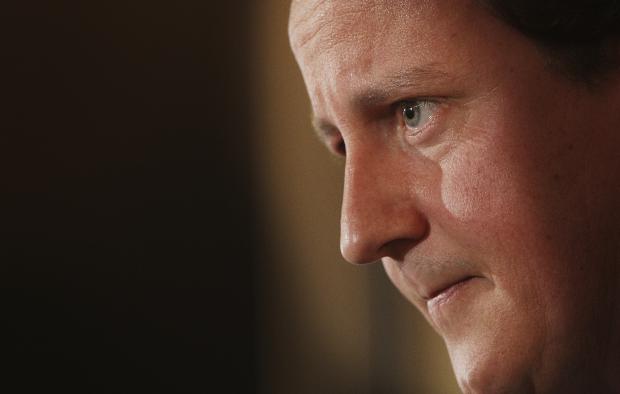-
Tips for becoming a good boxer - November 6, 2020
-
7 expert tips for making your hens night a memorable one - November 6, 2020
-
5 reasons to host your Christmas party on a cruise boat - November 6, 2020
-
What to do when you’re charged with a crime - November 6, 2020
-
Should you get one or multiple dogs? Here’s all you need to know - November 3, 2020
-
A Guide: How to Build Your Very Own Magic Mirror - February 14, 2019
-
Our Top Inspirational Baseball Stars - November 24, 2018
-
Five Tech Tools That Will Help You Turn Your Blog into a Business - November 24, 2018
-
How to Indulge on Vacation without Expanding Your Waist - November 9, 2018
-
5 Strategies for Businesses to Appeal to Today’s Increasingly Mobile-Crazed Customers - November 9, 2018
Prime Minister to announce new measures aimed at reducing discrimination in
The move comes as David Cameron announces measures to enhance social mobility in Britain as part of his “compassionate conservatism” programme.
Advertisement
Cameron said he was determined to “end discrimination and finish the fight for real equality in our country”.
Equalities Minister Nicky Morgan said it would “concentrate minds when companies see the gender pay in their own company of their employees, including bonuses”. From 2017, UCAS (Undergraduate Courses At University And College), the central body through which university applications are processed, will also remove prospective students’ names from application forms. But a candidate’s educational background will be known on the grounds that it is essential in assessing whether they merit a place. If a candidate is granted an interview the university would then be told their name.
Big employers, universities and the NHS will introduce blind recruitment policies to prevent bias against “ethnic-sounding” names.
Deloitte, which employs more than 14,000 people in the United Kingdom, is going even further in its efforts to put an end to discrimination by removing the name of the applicant’s school and university to curb bias on the institution frequented by the candidate.
He added that tackling discrimination is “n ot just about seeking after justice and something that we ought to do, it is something we should actively want to do in order to maximise the ability of our companies, our country, to be everything that they can”.
Among the graduate employers from across the public and private sector to commit to this new scheme is the banking group HSBC, Deloitte, KPMG, Virgin Money as well as Britain’s National Health Service, local government and the civil service. “It’s no longer signs on doors that say “no blacks allowed”; it’s quieter and more subtle discrimination”, he wrote.
“It’s the disappointment of not getting your first choice university place; it’s being passed over for promotion and not knowing why; it’s organisations that recruit in their won image and aren’t confident enough to do something different, like employing a disabled person or a young black man or woman”.
The financial services firm Deloitte recently became one of a number of leading firms to change its selection process so that recruiters do not know where candidates went to school or university, in a bid to ensure a diverse talent pool which reflects the make-up of society. “You won’t change these attitudes simply through more laws, but in smarter, more innovative ways”.
Advertisement
“One young black girl had to change her name to Elizabeth before she got any calls to interviews”.




























